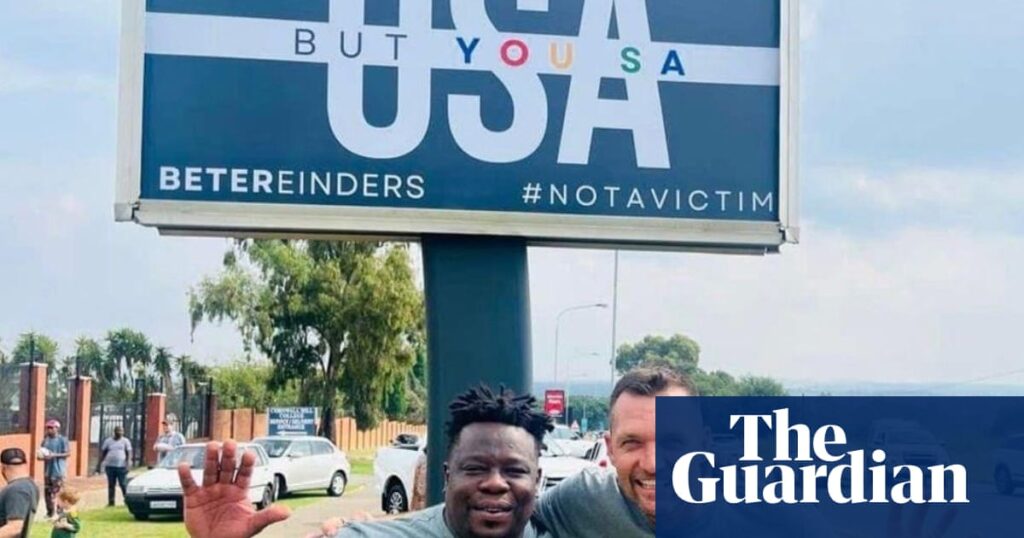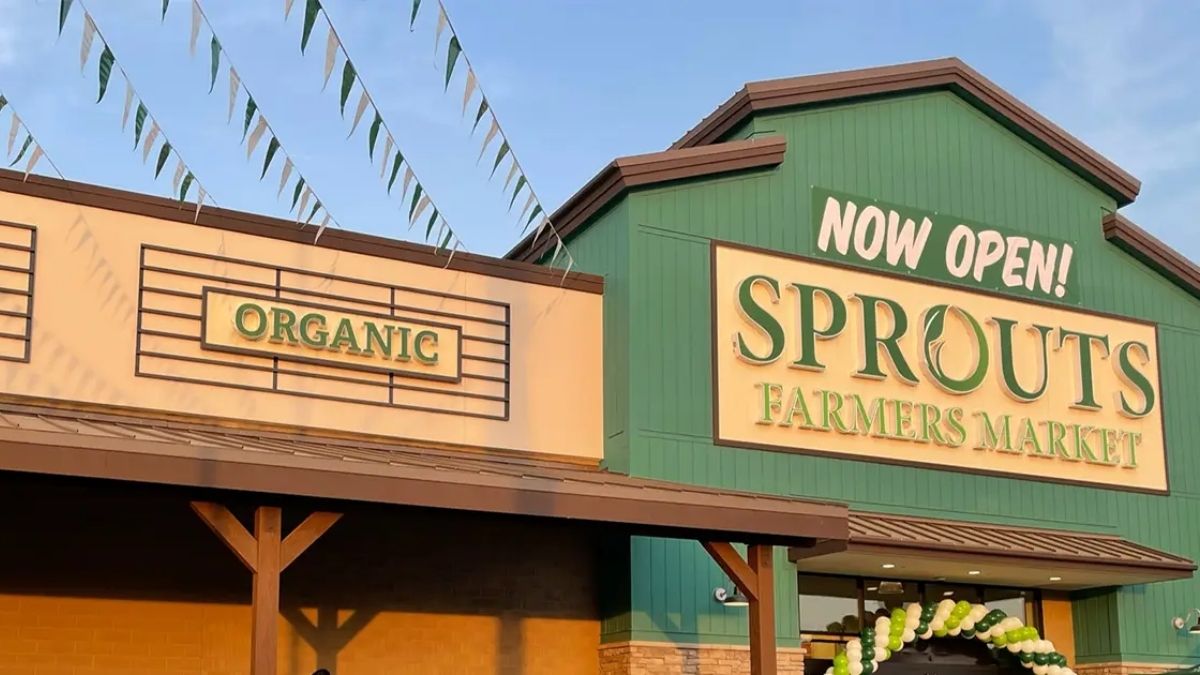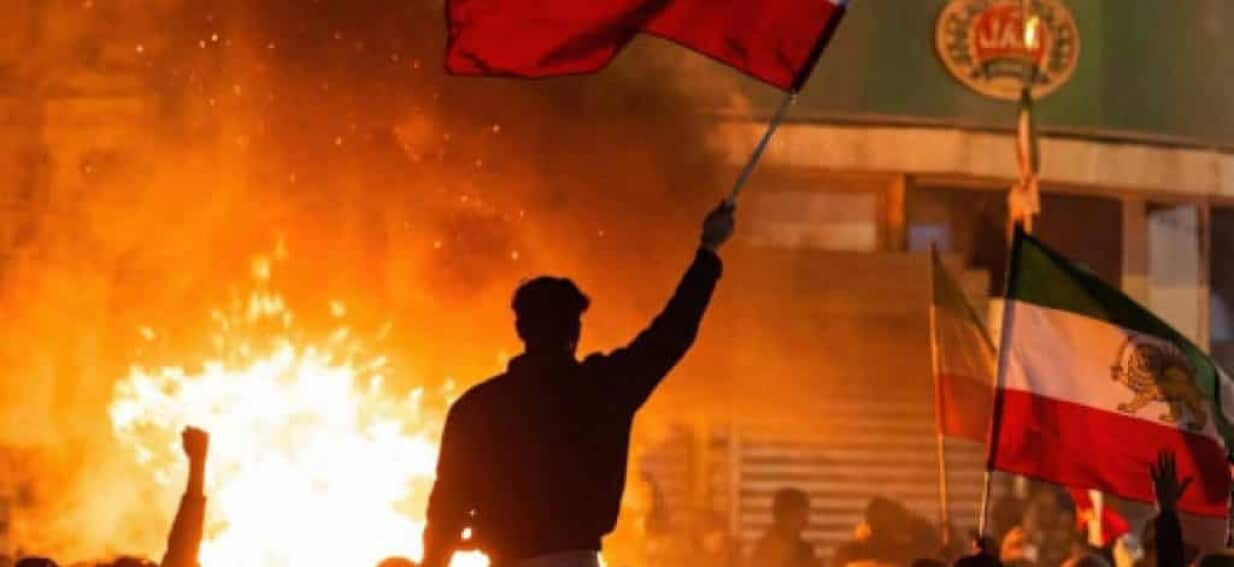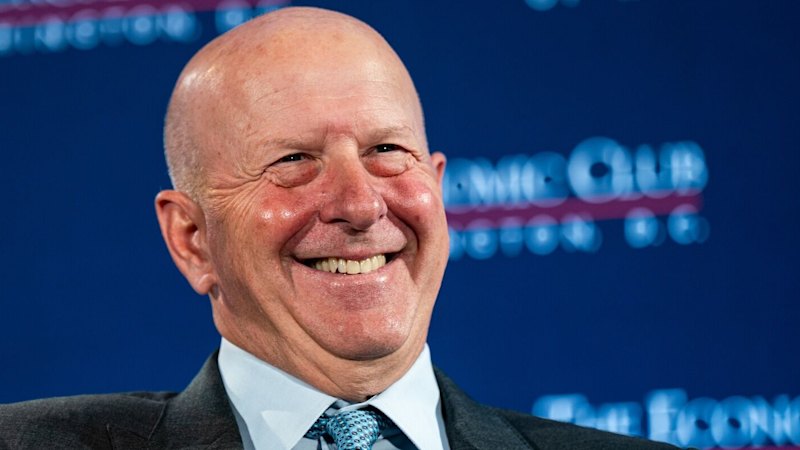
For some white Afrikaner South Africans, former U.S. President Donald Trump’s offer of refugee status in the United States has been perceived as a lifeline. Yet, for others, it has sparked anger and frustration over being misrepresented as victims of a “white genocide” decades after the end of their own oppressive minority rule.
In February, Trump signed an executive order that claimed Afrikaners, who constitute approximately 4% of South Africa’s population, were suffering from “unjust racial discrimination.” The order reduced aid to the country and initiated a refugee program for white South Africans. The first group arrived in the U.S. in May.
The Historical Context of Afrikaner Identity
Afrikaners, descendants of Dutch colonizers and French Huguenot refugees who arrived in South Africa in the late 17th century, were the architects of apartheid from 1948. This regime violently suppressed the black majority while ensuring the safety and prosperity of the white minority. Despite the end of apartheid, South Africa remains deeply unequal, with white South Africans typically possessing 20 times the wealth of their Black counterparts, according to the Review of Political Economy.
The sight of white South Africans being flown to the U.S. under the guise of fleeing persecution, while Trump simultaneously blocked refugees from war-torn regions, has bemused and angered South Africans of all races. For many liberal Afrikaners, this narrative feels particularly personal.
Liberal Afrikaners Speak Out
“In terms of being singled out, for progressives it’s extremely painful,” said Lindie Koorts, a history lecturer at the University of Pretoria. Koorts referenced the phrase “ons is nie almal so nie” (“we are not all like that”), which progressives use to bridge South Africa’s divides without renouncing their Afrikaner or South African identities. This phrase, however, has become a cliché that conservative Afrikaners often mock.
Meanwhile, the rightwing Solidarity Movement, which includes a trade union and the campaigning group AfriForum, has been lobbying Trump since his first presidential term. They seek support to help Afrikaners remain in South Africa, arguing that their culture is under threat. The group contends that a new education law will limit Afrikaans schooling, a claim the ruling African National Congress disputes.
Political and Cultural Divides
Comprehensive polling data on Afrikaners’ political views is scarce. However, the Freedom Front Plus party, perceived as a representative of conservative Afrikaners, garnered about 456,000 votes in the 2024 national elections.
Emile Myburgh, a lawyer who grew up during apartheid, recalls the belief that Afrikaners were “God’s chosen people.” Now an atheist, Myburgh feels excluded from the religious community he once belonged to, yet he disputes claims that his culture is at risk. “In the circles that I move in, we do celebrate Afrikaans culture,” he said.
“I remember when I was a child often hearing Afrikaners say that: ‘The one who rules the tip of Africa rules the world.’ So we’d feel very special.” — Emile Myburgh
Challenges and Misconceptions
Zahria van Niekerk, a 22-year-old fashion student raised bilingually, disagrees with the notion that the Afrikaans language is endangered. “My whole family speaks Afrikaans … As long as I can speak it with my family, I’m not really concerned,” she explained.
In May, Trump confronted South Africa’s president, Cyril Ramaphosa, with allegations that white farmers were being murdered due to their race. Emil van Maltitz, an economics graduate and farmer’s son, disagrees with this narrative. “Most farmers are white Afrikaners, so it can easily be interpreted as racial targeting. I just think, personally, people are very vulnerable in those areas and they don’t have a lot of help from the police,” he said.
In the last quarter of 2024, South African police recorded 12 murders on farms, including Black-owned smallholder plots, out of almost 7,000 murders across the country.
Efforts Toward Reconciliation
Schalk van Heerden, a minister in the Dutch Reformed Church, co-founded Betereinders in 2017 to foster better race relations. The group organizes monthly braais (barbecues) with Afrikaners and black South Africans, promoting unity and understanding. When Trump introduced the refugee scheme, Betereinders responded with billboards in Johannesburg and Pretoria stating: “Not USA. You, SA.”
Van Heerden expressed pride in his identity but acknowledged the privilege that Afrikaners hold. “We want to be proud about who we are … [But] we are not the big victims in this story. We are privileged, we are very grateful and we are thankful for everything we have.”
As South Africa continues to grapple with its complex history and present inequalities, the Afrikaner community remains divided over its place in the nation and the world. The conversation around identity, privilege, and reconciliation continues, with voices on all sides seeking a path forward.







